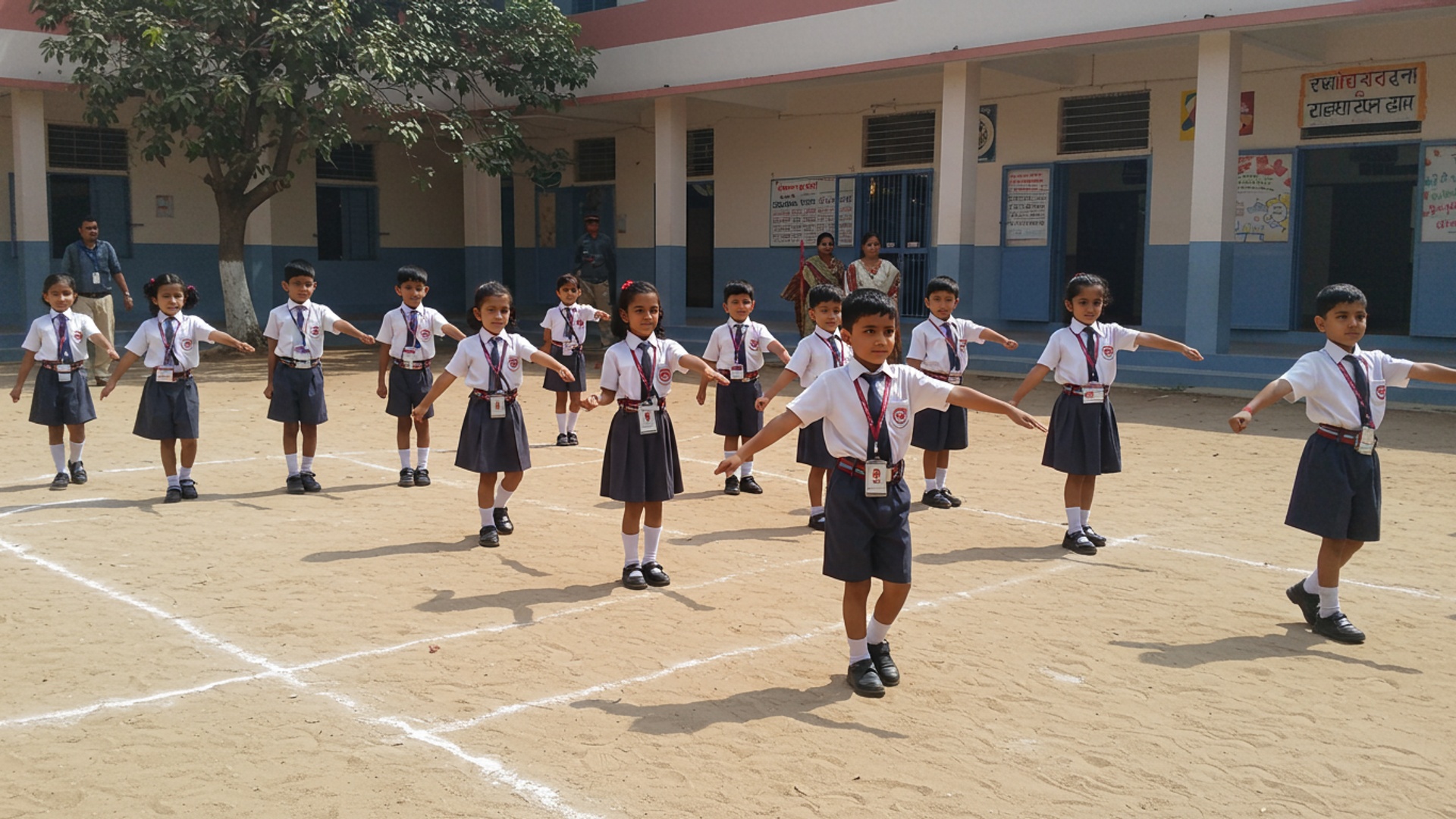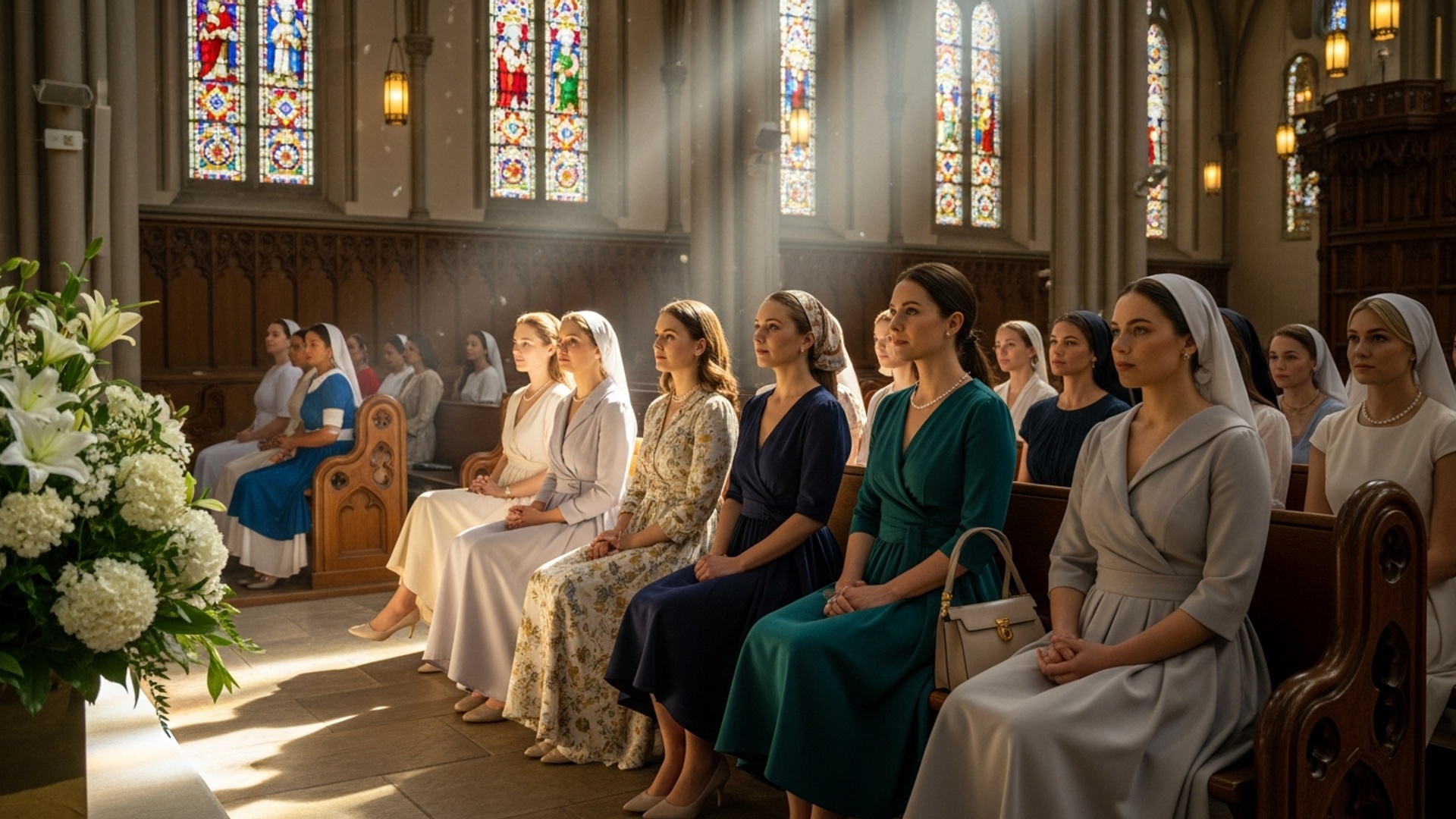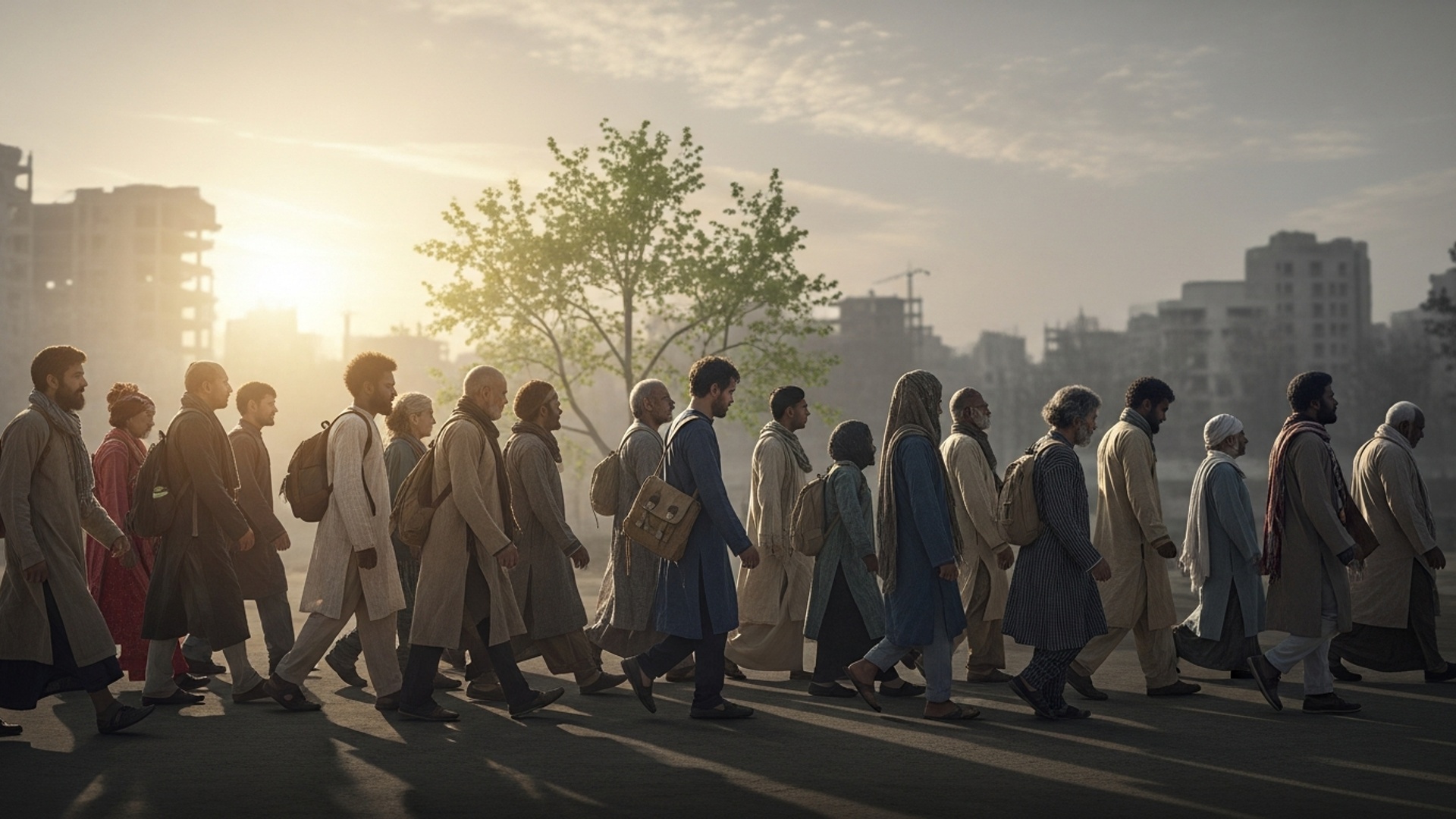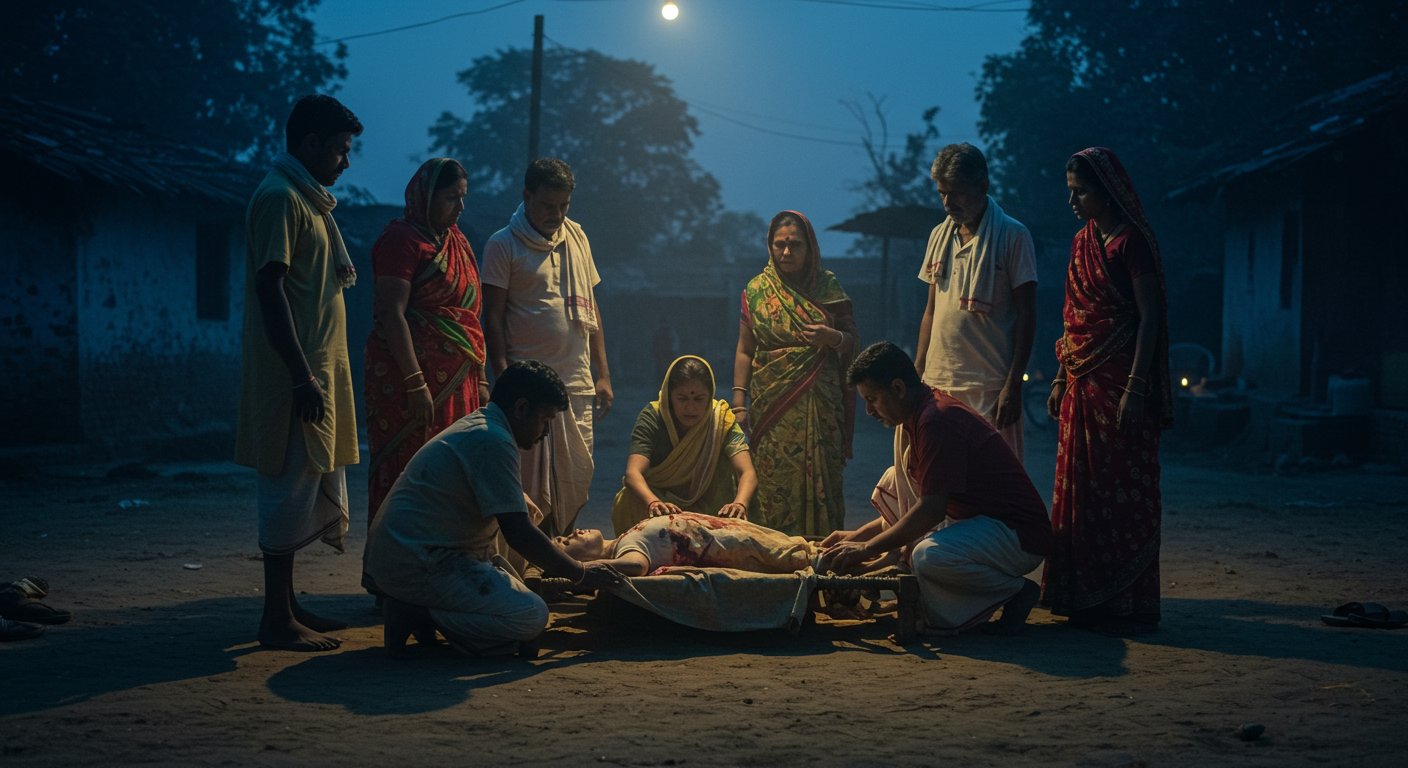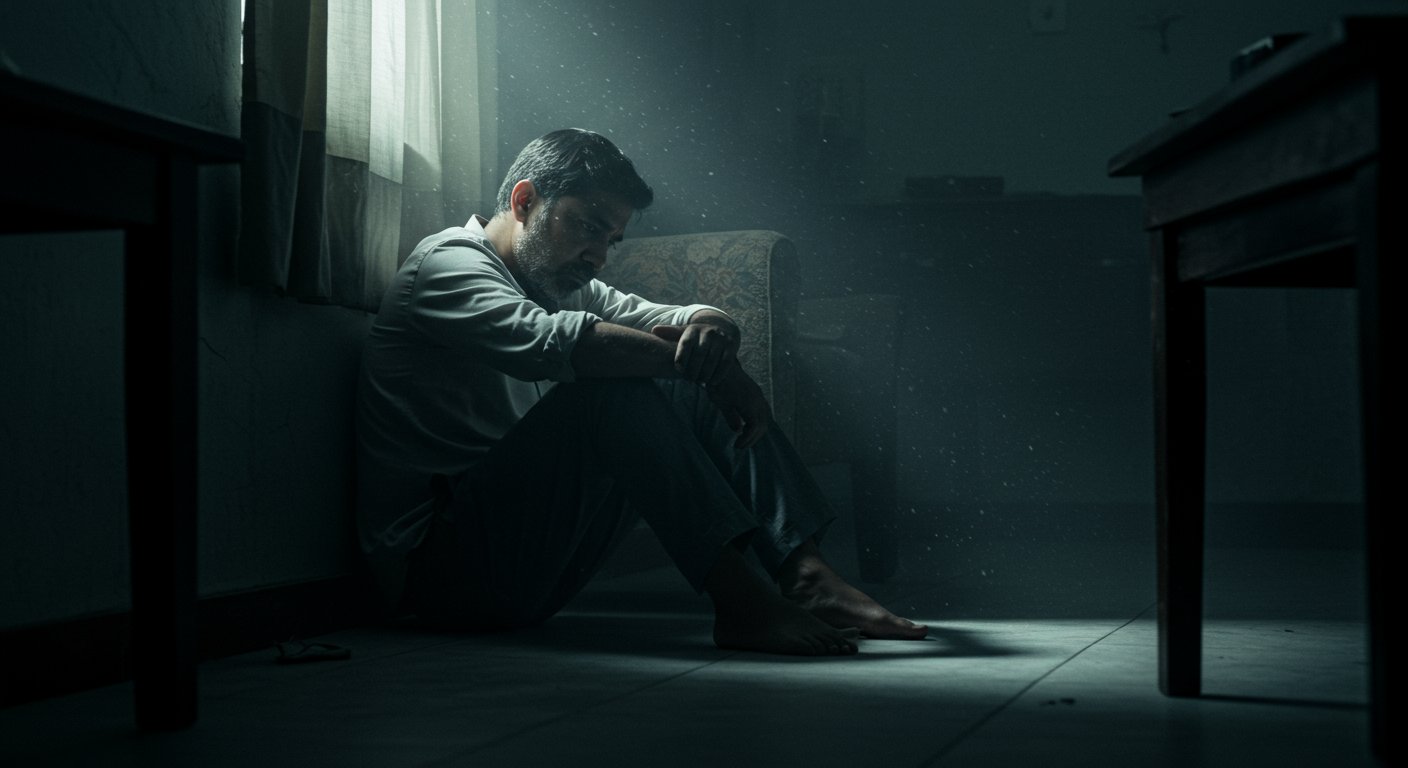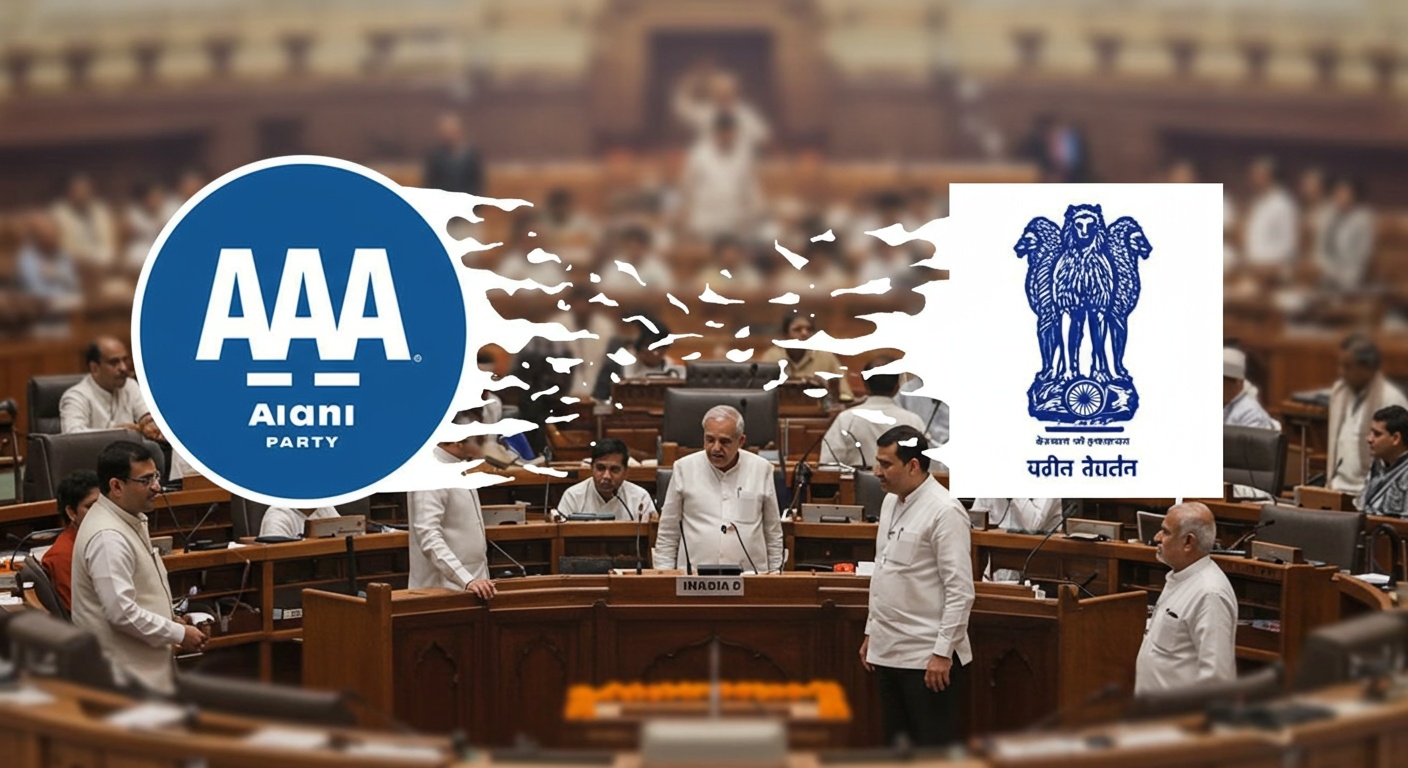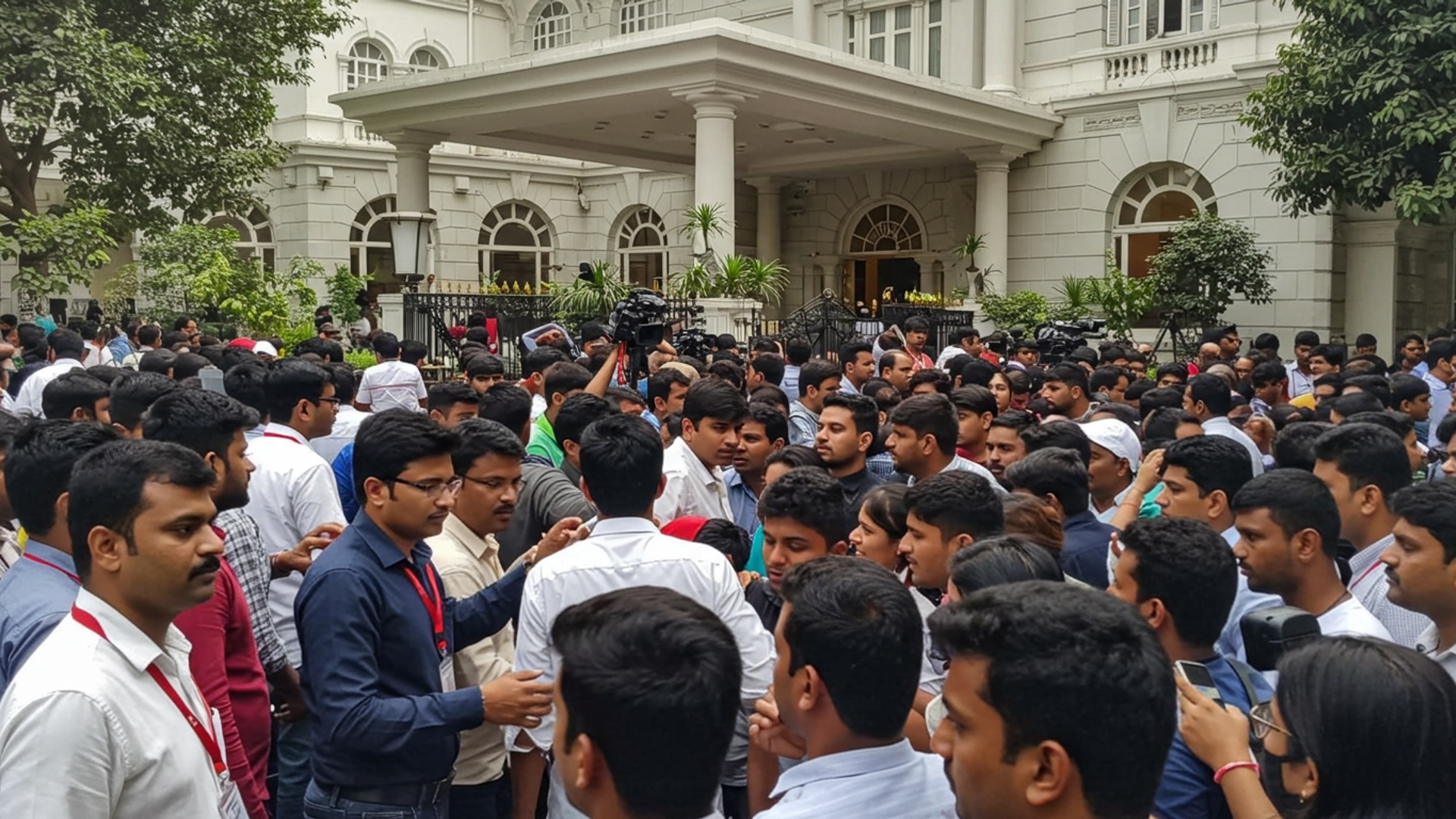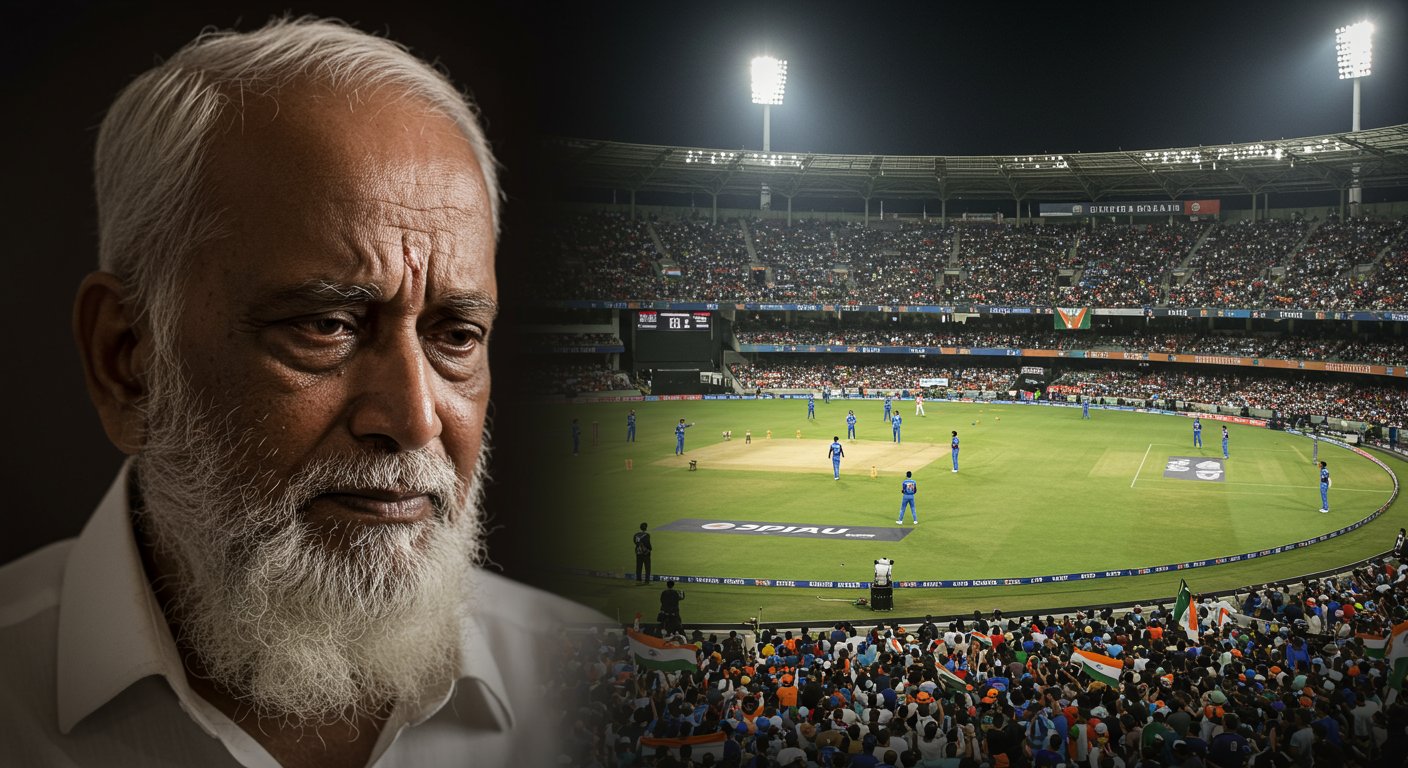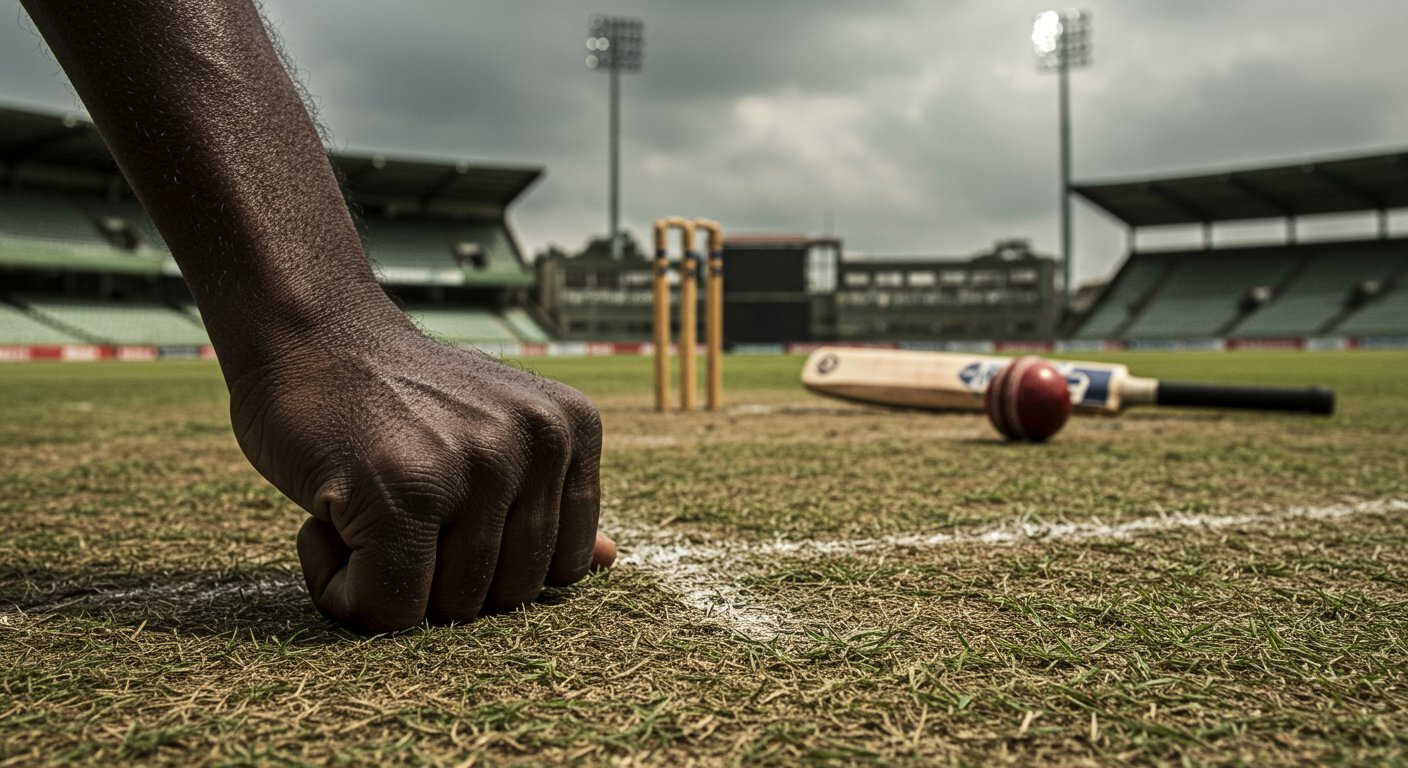Maharashtra’s government makes a big change, bringing National Cadet Corps (NCC)-style training to primary school children. This new program, starting now across the state, aims to build strong character, discipline. a sense of belonging in young students from an early age. It marks a bold step in how education helps shape the next generation, moving beyond traditional learning to teach real-world skills and values. This groundbreaking move signals a fresh direction for the state’s schools, setting a new standard for student growth.
New Training for Young Children
The state of Maharashtra has decided to introduce a new training program for students starting from Class 1. This initiative is similar to the National Cadet Corps (NCC) training, aiming to teach young children discipline, national pride. physical fitness from an early age. The state School Education Minister, Dada Bhuse, announced that basic military-style, NCC-inspired training will be provided to primary school children. The goal is to help shape well-disciplined and aware citizens for the country.
Why This New Plan?
The main reason for starting this training early is to build character and a strong sense of national identity among students. Minister Bhuse stated that a key aim is to grow love for the country, encourage regular physical exercise. teach discipline to students from a young age. The government believes that by adding this basic training to school learning, it will help create well-rounded individuals who are good at schoolwork and also have values like responsibility and national pride. This step is part of a bigger plan to make education go beyond just books and tests, giving children a full sense of purpose and self-discipline. Officials say this plan will help build strong, confident. active young people who are better prepared to help the country, whether through military service or public life. The decision comes with increased awareness about national security.
What Will Children Learn?
The new program will include simple physical drills, team activities. lessons on civic duties. The training will be “military-style and NCC-inspired” with a focus on discipline and patriotism. The aim is to teach children to respect the country and grow up with strong values. For younger grades, the training will start with basic physical routines, drills. group discipline. The content is planned to be suitable for the age of the children, making sure it is light and not too strict. While the full details of the curriculum for Class 1 are still being finalized, general goals include:
- Enhanced Discipline: Helping students learn self-discipline and manage their time better.
- Physical Fitness: Promoting good health through regular physical activities.
- Patriotism: Teaching children national pride and responsibility through military values and history.
- Leadership Skills: Developing leadership and teamwork through group activities.
This program will also focus on basic values and ethics. Topics like community involvement, road safety, fighting against social problems. managing disasters may also be part of the training.
How the Program Will Work
To put this new program into action, the state plans to use the skills of about 2. 5 lakh retired military personnel. These former service members will work together with school sports teachers, National Cadet Corps (NCC) officers. Scouts and Guides to provide structured training sessions. The involvement of these experienced people aims to make sure the training is real and good for the students. The School Education Minister, Dada Bhuse, has held talks with senior NCC officials to explore how this plan can be put into practice. The state government will also ask the central government to increase the number of NCC training centers in Maharashtra. This would allow more students to join the program. Maharashtra currently has 7 NCC groups and 63 active units, covering 1,726 schools and colleges with over 1. 14 lakh cadets. There are plans to add 10 more NCC centers, which would allow an extra 20,314 students to take part. The government is also looking at involving retired military personnel through the ex-servicemen welfare board to help with training, as the NCC may not have enough staff for every school. This year’s Independence Day celebrations in schools will also include parade drills with patriotic songs.
What People Are Saying
The announcement of this new training has led to different views. State School Education Minister Dada Bhuse has shown strong support, calling it a “forward-thinking step to build a disciplined, self-aware citizenry”. He stated that students must learn to respect the country and grow up with strong values. NCC-style training can help achieve this. Chief Minister Devendra Fadnavis has also shown support for the plan. But, some educators have questioned if such training is suitable for very young children. Mahendra Ganpule, a former vice-president of the Maharashtra School Principals’ Association, expressed doubts about introducing such programs at the primary level. He pointed out that a child in Class 1 is typically five or six years old and may not fully interpret what a country is, asking how patriotism is expected to be taught at that age. He also criticized the way the decision was made. While the move has been praised for encouraging discipline and physical fitness, it has also caused discussions among experts in education and child well-being. Some experts warn that the effects on younger children must be carefully studied.
Looking Ahead
The program is currently in its final planning stages and is expected to be rolled out in phases, possibly starting with a trial in a few districts. This initiative marks a big change in how the state views education, combining traditional learning with activities that build character and national feeling. The government hopes that by combining academic studies with character-building activities, it will raise a generation that is not only smart but also disciplined, patriotic. physically strong. The values taught during these early years are expected to have a lasting positive effect on students’ personal and work lives as they grow up. ![]()
